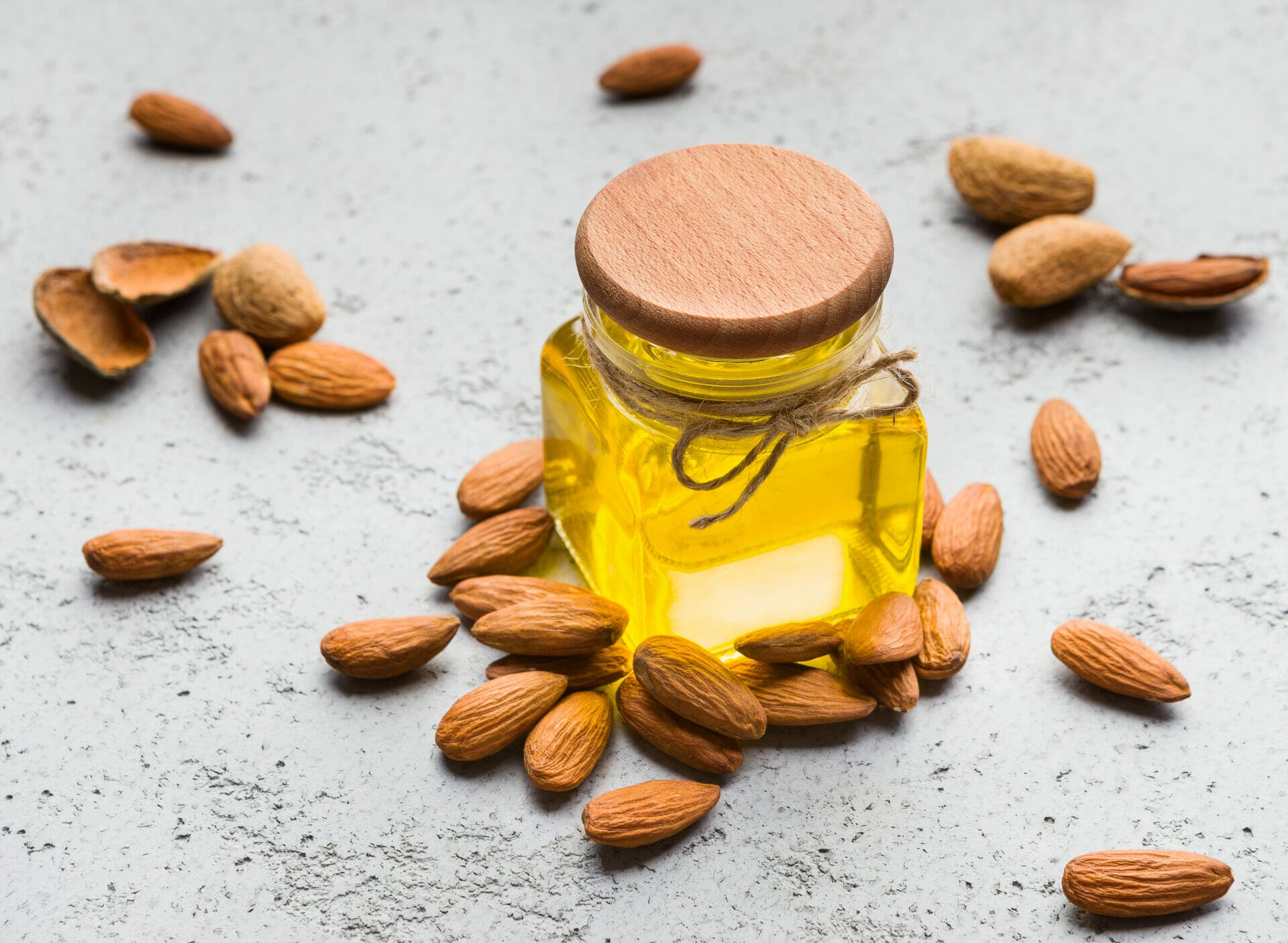Although everyone is familiar with the term “antioxidant,” few understand the role that antioxidants play in the body, the health benefits they provide, or the risks they pose. Everything you need to know about antioxidants is laid out in this article.
Antioxidants and free Radicals
Antioxidants are chemicals that work within your body to combat the effects of free radicals.
Atoms or molecules that are capable of existing on their own and that are highly reactive and unstable are referred to as free radicals. They are created as a byproduct of key metabolic activities that occur normally in the human body as well as from environmental factors such as exposure to X-rays, smoking cigarettes, breathing in polluted air, and being exposed to industrial chemicals. Free radicals are molecules that take electrons from other molecules without giving them back, which can harm DNA and other organisms.
When an atom’s outer shell is completely filled by electrons, the atom is said to be stable. Since free radicals have an electron that is not coupled with another electron, their stability is compromised. They borrow electrons from neighboring atoms in order to achieve greater stability. This could result in diseases or the outward manifestations of aging.
On the other hand, free radicals also carry out important functions that are necessary for good health. Free radicals are utilized by our immune cells, for instance, in order to combat infections. Because of this, it is necessary for our body to maintain a particular equilibrium of free radicals and antioxidants.
An excessive number of free radicals in the body generates a state known as oxidative stress, which increases the risk of developing chronic diseases such as cancer, diabetes, and heart disease, and also accelerates the aging process by contributing to the formation of wrinkles and other visible signs of aging.

Antioxidants
Antioxidants perform their function by contributing electrons to a free radical, which neutralizes the radical and reduces its capacity to cause damage. Additionally, they play a role in the systems that repair DNA and maintain the cellular health of the organism.
The production of some antioxidants is a natural byproduct of the body’s metabolic processes. The term “endogenous antioxidants” is used to refer to these substances. However, the most important micronutrient antioxidants (vitamins) are vitamin E, vitamin C, and beta-carotene. They are joined in this category by flavonoids, phenols, polyphenols, phytoestrogens, and a great many other compounds. Because the body is unable to produce certain micronutrients on its own, they have to be obtained through the diet. The term “exogenous” refers to antioxidants that are obtained from sources external to the body.
Coffee is cited as the single most important source of antioxidants in the diets of humans, according to a number of studies.
Antioxidant defense system
Antioxidants perform the functions of radical scavengers, donors of hydrogen and electrons, decomposers of peroxide and singlet oxygen, inhibitors of enzymes and synergists, and chelating agents for metals. ROS can be neutralized by a wide variety of antioxidants, both enzymatic and nonenzymatic, which are found both within cells and in the external environment.
Important Note
The ability to function as an electron donor is the meaning of the phrase “antioxidant,” and it is inaccurate to use the term “antioxidant” to refer to substances. “Antioxidant” refers to a chemical feature. It is believed that hundreds, and possibly even thousands, of different chemicals have the potential to behave as antioxidants.
The idea that different types of antioxidants are equivalent is yet another widespread fallacy. They are not, in point of fact. There are distinct chemical behaviors and biological features associated with each one. They developed as components of intricate networks, with each chemical (or family of substances) having a distinct function in the evolution of these networks. This demonstrates that no single antioxidant is capable of performing the functions of the entire group.

Natural Antioxidants VS Supplements
Antioxidant intake is critical for health, but more is not always better. High amounts of antioxidant supplements, according to the National Institutes of Health (NIH), can be dangerous.
Some studies, for example, have linked high-dose beta-carotene supplements to an increased risk of lung cancer in smokers, and high-dose vitamin E supplements to an increased risk of hemorrhagic stroke (a type of stroke caused by brain bleeding) and prostate cancer. Furthermore, some nutritional and antioxidant supplements may have negative interactions with certain prescription drugs. Vitamin E supplements, for example, may increase the risk of bleeding in those using anticoagulant drugs.
Much research on antioxidant supplements does not reveal a health benefit or indicate the opposite effect since antioxidants operate best in combination with other nutrients, plant compounds, and even other antioxidants.
A cup of Coffee Leaf Drink, for example, contains approximately 30mg of Mangiferin. However, a supplement containing 500 mg of Mangiferin does not contain plant compounds (polyphenols) found in Coffee Leaf, such as Chlorogenic Acids and Trigonelline, which have antioxidant activity and may collaborate with Mangiferin to combat illnesses. Aside from their antioxidant capabilities, polyphenols have a variety of additional chemical properties.
Differences in the amount and kind of antioxidants found in foods vs. those found in supplements may also have an impact on their effects. Coffee leaves, for example, contain at least two chemical forms of Xanthones (Mangiferin and Isomangiferin). Mangiferin supplements, on the other hand, often only include one type and are thus not as active in the body as “Natural” Mangiferin.
Conclusion
An excess of free radicals is a contributing factor in the development of chronic diseases such as cancer, cardiovascular disease, cognitive decline, and loss of vision. The research done up to this point has not been able to come to a conclusion, but in general, they have not provided convincing evidence that antioxidant supplements have a substantial influence on diseases.
At the same time, there is a lot of data to show that eating entire fruits, vegetables, and grains as well as drinking coffee, coffee leaf, and tea — all of which are rich in networks of naturally occurring antioxidants and their helper molecules — will protect you from a lot of the problems that come along with becoming older.

